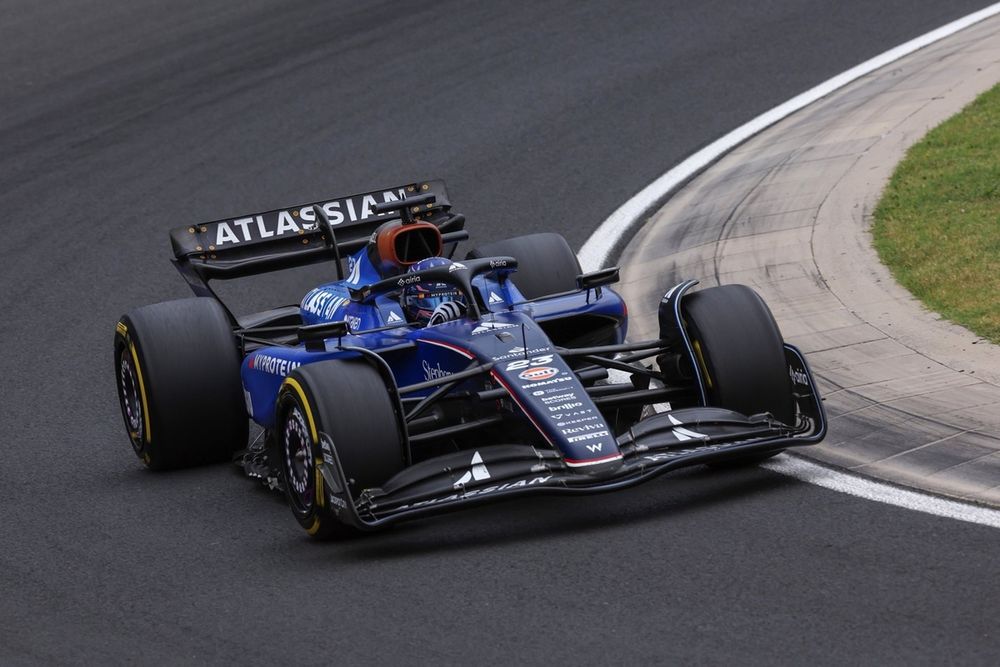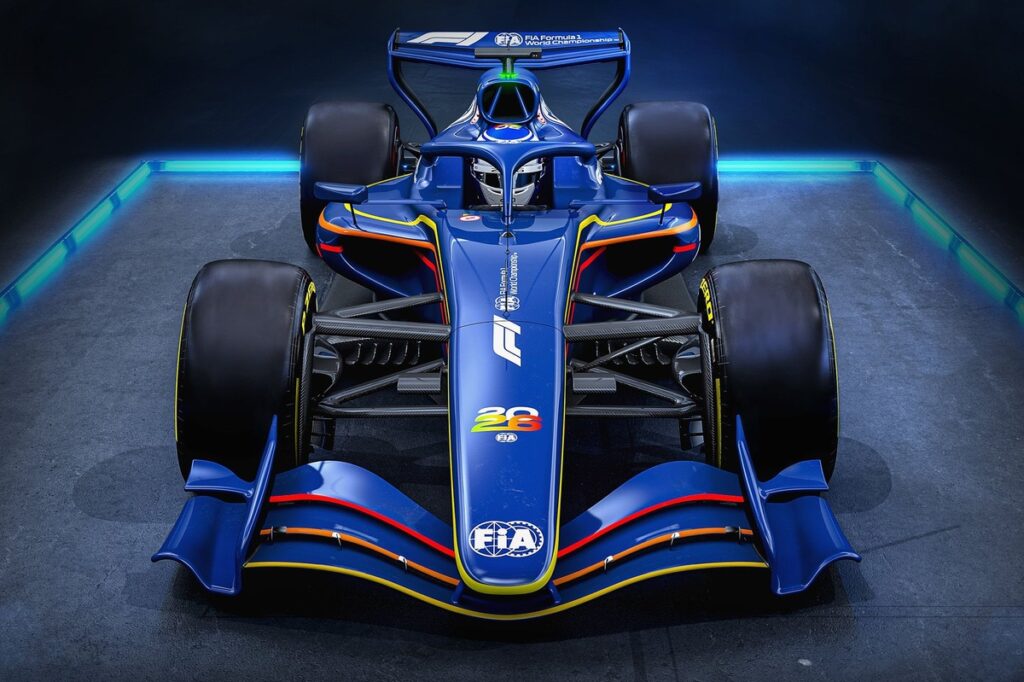The sweeping overhaul of Formula 1’s regulations for 2026 presents a challenge for all teams and engine manufacturers, but that also applies to the drivers.
Charles Leclerc has said the new cars feel “very different” based on his first simulator runs, while Alex Albon added that F1 becomes far more complex. Drivers will have to manage more, prompting Williams team boss James Vowles to warn of a higher workload behind the wheel. Moreover, the new cars would require a different driving style, for which Williams has set up a special working group to help drivers adapt.
“But firstly, Albon and other drivers haven’t driven the final rules yet, by definition, because they’re not done yet,” Nikolas Tombazis responded during an interview with Autosport. “Secondly, for sure if you don’t automate certain parts, there will be an increased burden on the drivers. That is true.”
That, however, is exactly one of the subjects the FIA is currently evaluating. “Part of the work that still needs to be done between now and the start of next season is to determine how much of that stuff will be in the background, let’s say more automatic, versus how much the driver will have to control.”
No chess, but also not just a steering wheel and pedals
With the energy management per lap, active aerodynamics, Manual Override Mode, and several other variables, there will indeed be more parameters to deal with than there are today.
“We don’t want to overburden the driver with something,” added Tombazis. “But at the same time there has to be a degree of freedom, to make sure that he can attack, defend and have some of that stuff under his control. But there will for sure be some part of it which will be managed transparently to him, so he doesn’t have to think about it when cornering or something like that.”
Nikolas Tombazis, FIA Single Seater Director
Photo by: Andy Hone / Motorsport Images
The FIA hopes to find an acceptable balance in the upcoming months. “I think there’s a balance to strike between driving like a chess game of energy management, which we don’t want as one extreme, and then the other extreme where driving is just a steering wheel, a throttle pedal and a brake pedal,” said Tombazis.
He also made clear that the FIA does not aspire to the latter either. F1 must not become too simple. “We need to find a good way in the middle.”
Can smart drivers really “abuse” the new regulations?
Albon added that in his view smart drivers can “abuse” the new regulations, although a week after his initial comments he laughed: “The word ‘abuse’ ended up as the headline everywhere, but I didn’t necessarily mean it negatively.”
The Williams driver made clear that drivers who have mental bandwidth left beyond just driving could gain a competitive advantage in 2026.
“But I think smart drivers already prevail. The difference in performance that we see nowadays in F1 includes a percentage of that,” said Tombazis.
“And that’s not only now, the mental bandwidth of drivers has been a factor for the last 20 years already – also in the younger days of my career, when I was working with Schumacher for example.

Alexander Albon, Williams
Photo by: Alastair Staley / LAT Images via Getty Images
“I mean, obviously he was phenomenally talented, but a big part of what set him apart was that he could also think of all these other things during a race.
“You know that amongst the current drivers there are some who seem to have a bit extra to think about other things as well, while some others have to use all their CPU to drive the car.”
In 2026, that challenge may be greater, but Tombazis believes the drivers can handle it. “These drivers are the best drivers in the world, and they have quite a high bandwidth of intellect. They can deal with certain problems.”
According to Tombazis, it’s what F1 should be, as long as it doesn’t overshadow the fundamentals.
“There’s a level of understanding they need to have of these parameters,” he said. “We think that’s part of what a top driver has to do. It’s not, however, and we will make sure it isn’t, the main skill.
“The main skill is still to be able to brake at the right point, to go fast around the corner, to find the limit, select the right lines, etc. That will still be the main parameter that controls who’s good and who’s bad. I wouldn’t be able to drive the car!”
In this article
Be the first to know and subscribe for real-time news email updates on these topics
Read the full article here

